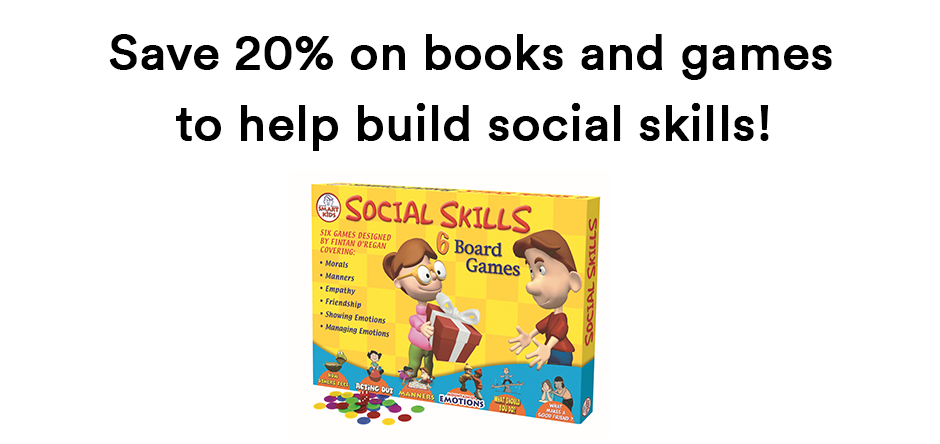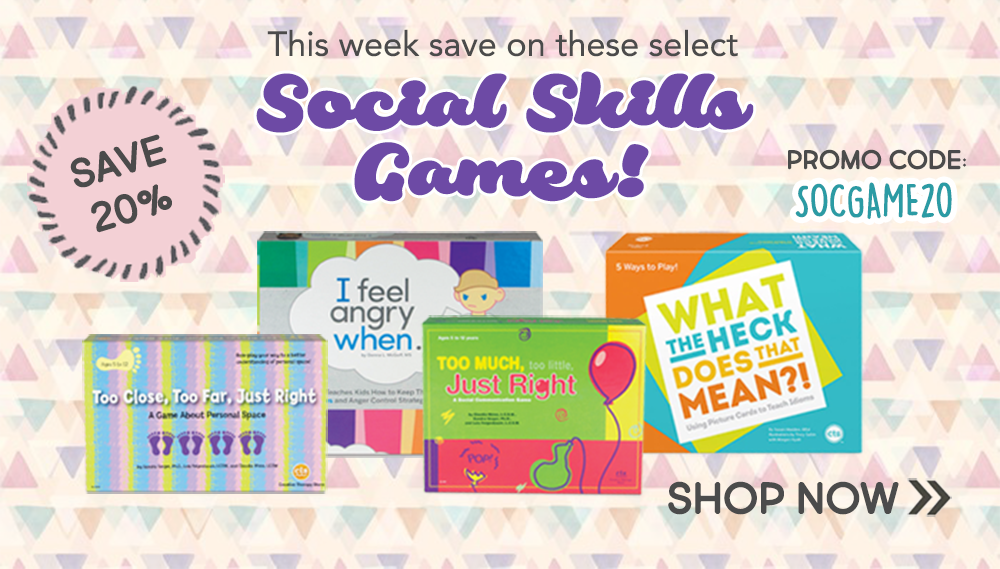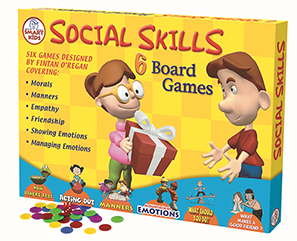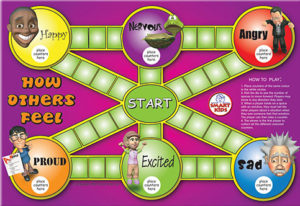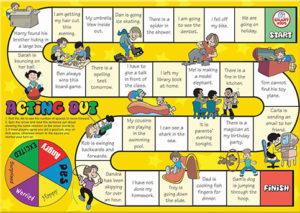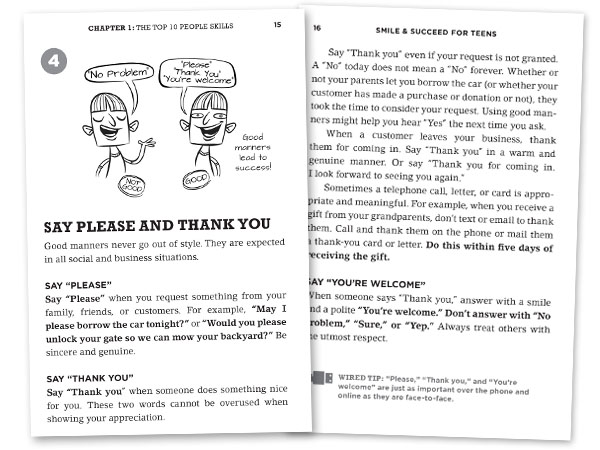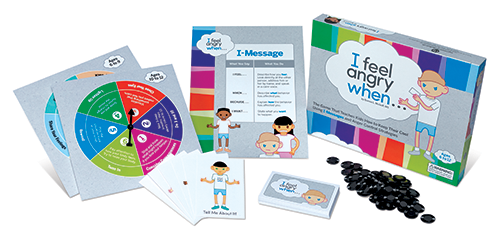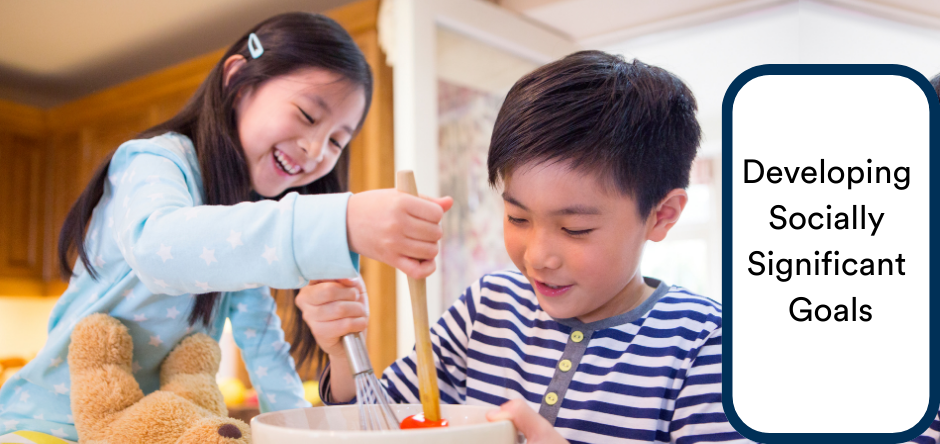
Written by Ashleigh Evans, MS, BCBA. Reposted with permission from Dr. Anton Shcherbakov, BCBA, Co-founder of ThinkPsych
Behavior analysts and other professionals in the ABA field are tasked with the job of creating behavioral and skill acquisition goals for their learners. Choosing behaviors and skills to target can be challenging, with many considerations to make. One vital consideration when developing goals is to determine whether they are socially significant.
What is Social Significance in ABA?
Social significance refers to goals that are, first and foremost, important to the learner. If your learner can verbally communicate what’s important to them, this should take the highest priority. Some clinicians may not consider a learner’s goals due to their age or communication barriers. However, by monitoring for signs of assent, you can learn a great deal about what is important to the learner, even if they cannot verbally answer what goals they want to work on.
Beyond what’s important to the learner, social significance considers what goals are important to stakeholders and to society as a whole. Socially significant goals are behaviors and skills that will improve your learner’s overall quality of life and well-being. Goals should never be chosen simply for the convenience of others.
Considerations to Determine if a Behavior is Socially Significant
You may find yourself asking a number of questions when contemplating targeting a particular goal. Let’s review several considerations to make when evaluating whether to target a particular goal.
Is this behavior important to my learner?
As previously stated, this is the most important aspect of social significance. If the skill is something your learner is interested in or a behavior that they are motivated to modify, this would be considered a socially significant goal. Goals that are important to your learner should almost always be prioritized.
Will the skill cause harm or distress?
This may seem like an obvious one, but it’s important to carefully consider. Many ABA practices that were commonplace even just a few short years ago are now known to be potentially harmful, with advocates and autistic adults bringing concerns to light. For example, a lack of eye contact is common in people with autism. Some professionals consider eye contact to be an important social skill to target. However, many autistic individuals report adverse physiological reactions to eye contact. In other words, forcing eye contact may physically hurt. Research on this topic found that autistic adults and teens experience a wide range of reactions when engaged in eye contact including dizziness and headaches, increased heart rate, and nausea. Many also reported sensory overload when making eye contact, resulting in an inability to process and integrate visual and auditory information at the same time. Taking into consideration this information, one would likely determine that eye contact is not socially significant unless it is a skill the individual reports a desire to improve upon. When developing goals, determining whether targeting the skill may cause harm is vital.
Does the goal support the learner’s social-emotional development?
Social-emotional development is vital for a happy, healthy life. Research has found that a strong foundation of social-emotional skills can significantly improve a child’s future social, emotional, and academic success.
Social-emotional learning encompasses a wide range of skills related to self-awareness, self-control, social awareness, relationship skills, and responsible decision-making. Due to the social communication challenges that autistic children commonly experience, the development of these skills often takes more strategic planning and effort on the part of therapists, educators, and caregivers.
Make social-emotional learning enjoyable for your learner by engaging them in games and other preferred activities that support the development of these vital skills. Chat Chains, for example, is a unique game that targets developing conversational skills, teaches emotional awareness, and practices important social skills, all while having fun!
Will the skill enhance safety?
A staggering 28% of deaths of autistic people result from accidental injury. This includes causes such as suffocation, asphyxiation, and drowning. Of the general population, 6.5% of deaths result from accidental injury. This likely plays a significant role in the drastically reduced life span. The average age of an autistic individual at death is about half that of the general population, 36 years of age.
While these statistics are bleak, they highlight the need for a focus on skills that will keep your learner safe. Following crucial safety instructions, navigating situations such as getting lost, communicating personal information, identifying hot and poisonous items, and water safety are all socially significant skills that can keep your learner safe.
Will the skill increase independence?
Promoting independence can build self-esteem, increase the generalization of skills across environments, and improve your learner’s overall satisfaction in their life. There are countless socially significant skills that can promote independence. Teaching communication and self-advocacy skills are arguably the most important skills necessary for enhancing independence. Self-help skills, money management, household chores, and vocational skills are also important to consider when developing goals that will increase your learner’s independence.
Has the child acquired the necessary prerequisite skills?
Oftentimes, caregivers and professionals have big goals for their children or clients. This might result in jumping the gun a bit in implementing big-picture goals such as toilet training. However, it’s important to consider whether the child has developed the necessary prerequisite skills before targeting a goal. A simple example of this is following multiple-step instructions. Perhaps a parent asks you to target instructions such as putting away their shoes and backpack when they arrive home. While these may be socially significant goals, if the child cannot yet follow simple single-step instructions, then it would not be appropriate to target multiple-step instructions.
Final Words
Developing socially significant goals for your learners takes time and consideration. Ensuring that the goal will improve the learner’s quality of life and well-being should always be at the forefront.
About the Author
Ashleigh Evans, MS, is a Board Certified Behavior Analyst. She has been practicing in the behavior analysis field for over 13 years and opened her own independent practice in early 2022. Her experience has been vast across different age groups, diagnoses, and needs. She is passionate about improving the field through education, reformative action, and better supervisory practices, leading her to create content and resources for families and ABA professionals which can be found on her website, www.evansbehavioralservices.com/.
About ThinkPsych and Dr. Anton Shcherbakov
ThinkPsych is a company committed to making fun and evidence-based toys for social emotional learning. Co-founder Dr. Anton Shcherbakov is a licensed psychologist and board certified behavior analyst. He has co-authored peer-reviewed research on topics that include depression and suicide prevention. He is also a nationally recognized expert and frequent presenter at national conferences on the treatment of anxiety, ADHD, autism spectrum, OCD, and related conditions. He previously taught at the Rutgers Graduate School of Applied and Professional Psychology. In addition to his work at ThinkPsych, he provides psychotherapy to children, adolescents, and adults at The Center for Emotional Health of Greater Philadelphia. In his free time, he enjoys traveling with his family, cooking meals with too many ingredients, and watching the latest Netflix documentary series.

